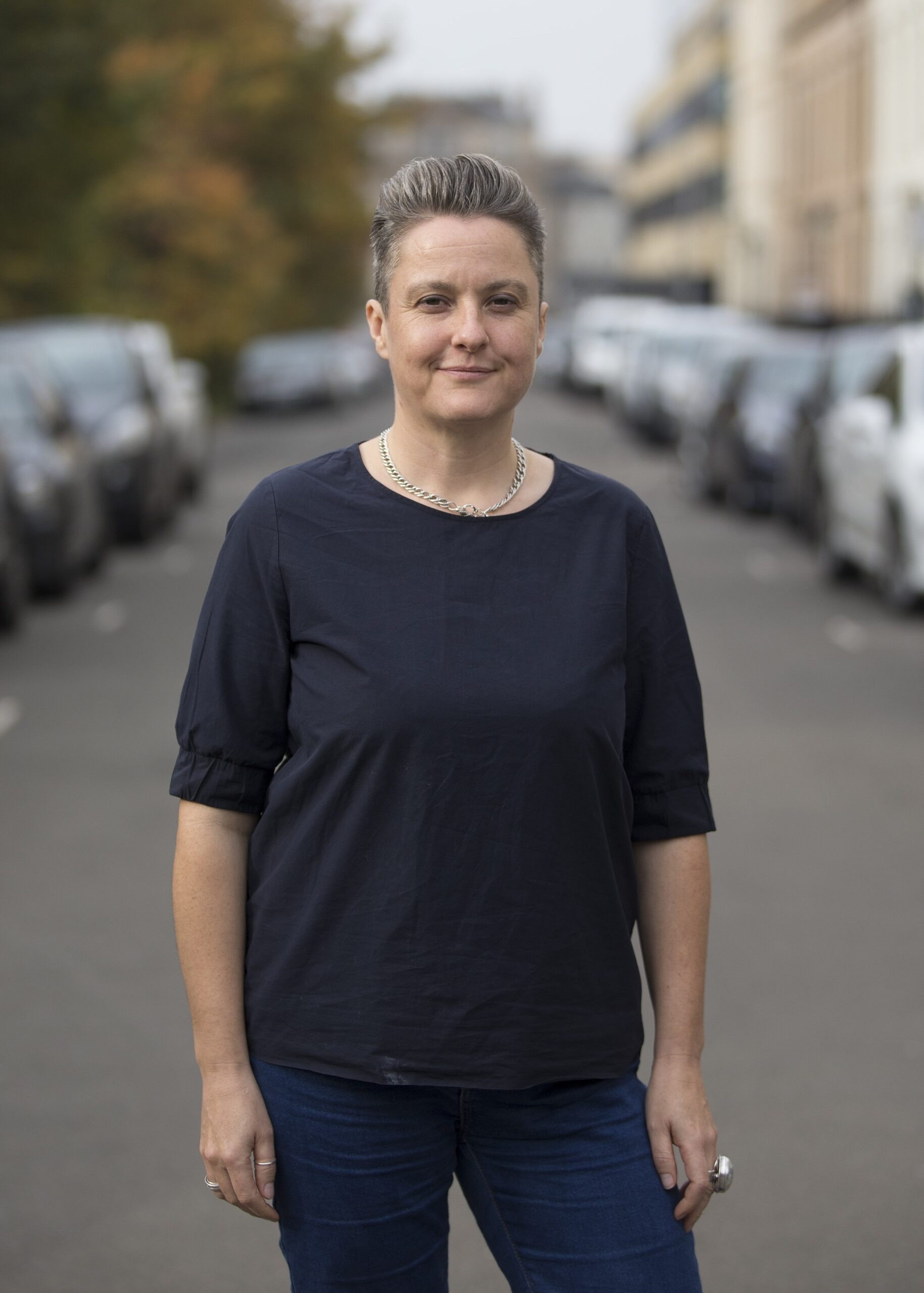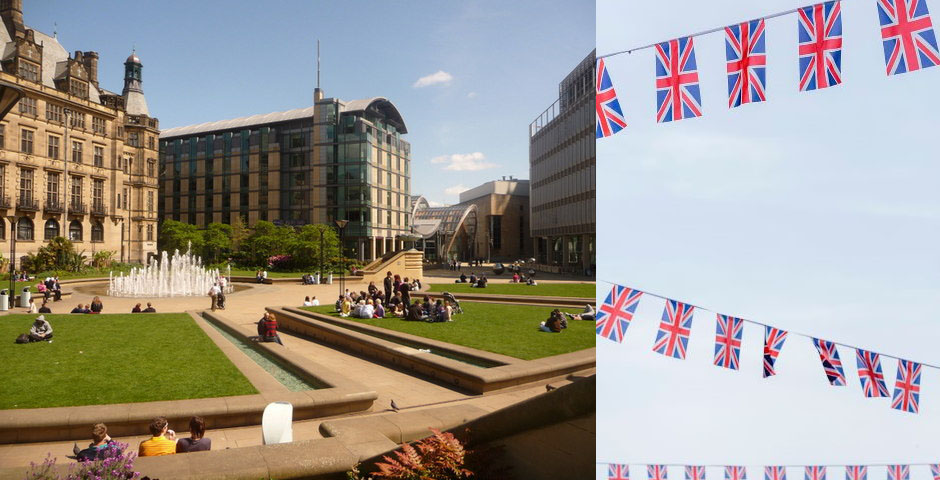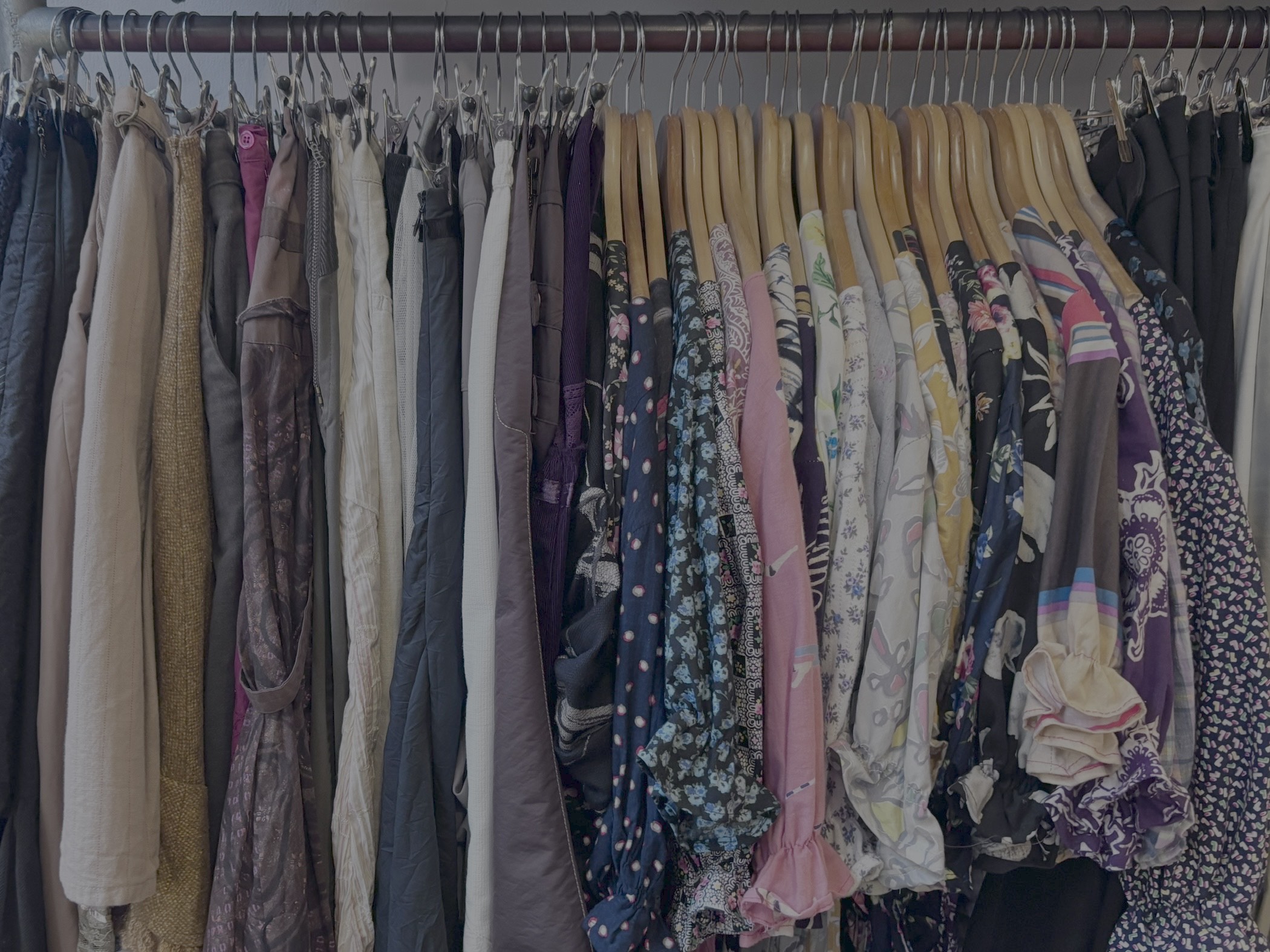A former political campaigner has opened a space for Queer and sober communities after finding no support for people who want to reduce their alcohol intake by themselves.
Laura Willoughby, 50, from London co-founded ‘Club Soda’, a safe haven for sober and Queer people to practice mindful drinking. Laura quit drinking 13 years ago after noticing a similar behavioural pattern to her father.
“I ended up in a job I wasn’t enjoying and so my drinking went up and I decided that I really needed to knock it on the head. Alcohol killed my dad, and I wanted to make sure that didn’t happen to me,” she says.
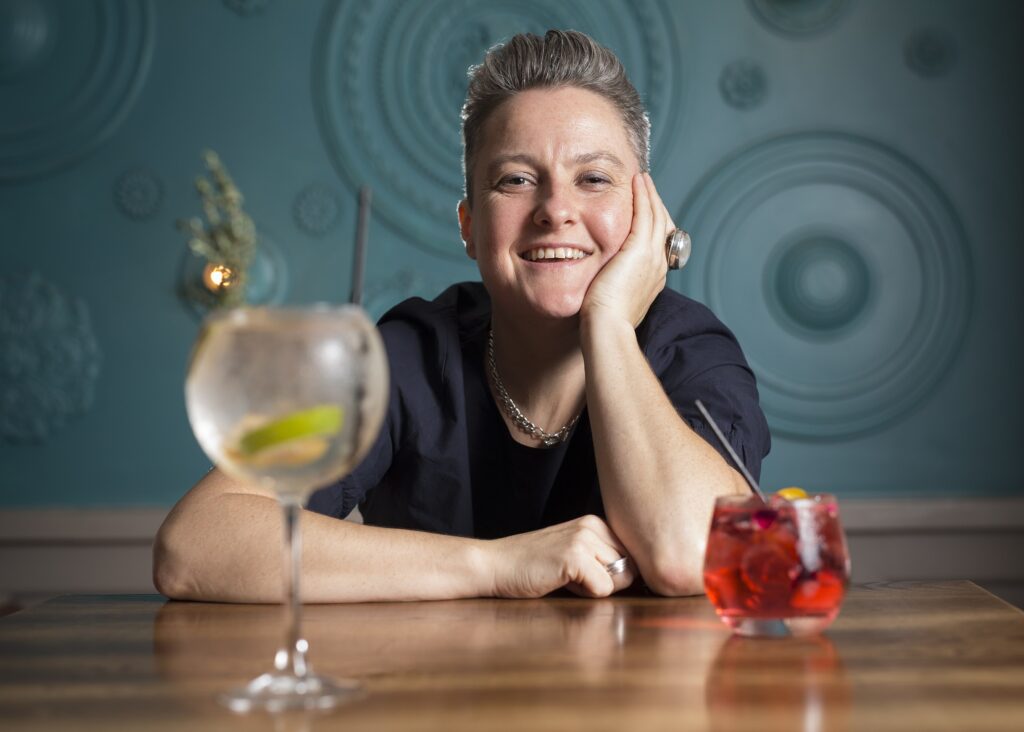
Photo credit: Club Soda
For generations we have been taught to deal with trauma and feelings of being different through alcohol leading to higher harmful and dependent drinking in the queer community
According to her, behavioural patterns often feed into alcohol misuse as well as mental and social factors. She says that seeing parents drink makes it a “normalised” activity rather than something that is hereditary.
“For generations we have been taught to deal with trauma and feelings of being different through alcohol leading to higher harmful and dependent drinking in the queer community,” she says.
She explains, “Ultimately, alcohol is an addictive substance and that is the reason why most queer people are alcohol dependent other than mental and familial factors.”
With the creation of Club Soda in Covent Garden, and the ‘Queers without Beers’ event, the founders aim to support those on all paths of alcohol consumption.
She says: “We’re very goal agnostic. If people want to take a break or cut down on their drinking, that’s fine by us.”
Club Soda offers a wide range of alcohol-free and low alcohol drinks for those aiming to quit or reduce their alcohol consumption. Laura thinks that it is vital to educate the alcohol trade as well to see a systemic change in society.
“People don’t want alcohol free spaces only. They just want to be able to drink something non-alcoholic which is not coke and lemonade in every space out there,” she says.
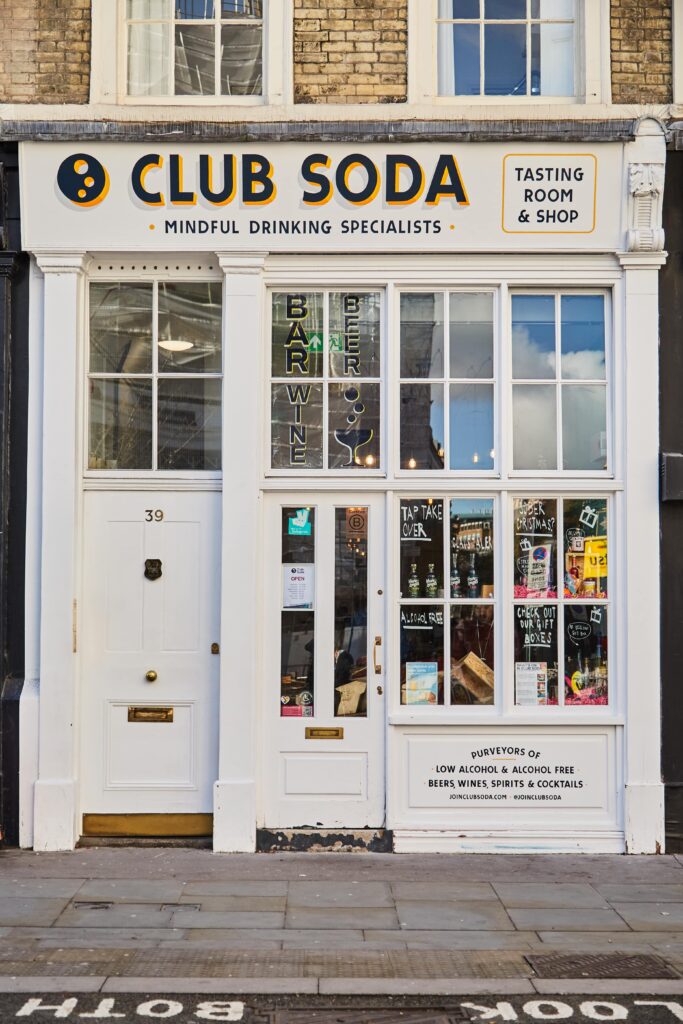
Laura thinks that although there are support services like Alcoholics Anonymous in the country for alcohol misuse, there aren’t many sober spaces which cater to quitting alcohol by yourself, with adequate support online.
She says: “I felt that there wasn’t anything that supported a self-guided journey for people to change their drinking.”
As someone who was heavily involved in local government, Laura recognised that as much as there is an individual change needed, there is also societal change necessary to tackle alcohol dependency within the Queer community.
She mentions that her generation was taught that drinking is a cure to anxiety – which led to alcohol being a widely available tool for “self-medication”.
She says: “Alcohol is a social drug. It is widely available and it’s cheap, you could make it in your kitchen if you wanted to.
“We’ve got generations and generations using alcohol socially, so it is very ingrained in our society and western cultures.”

